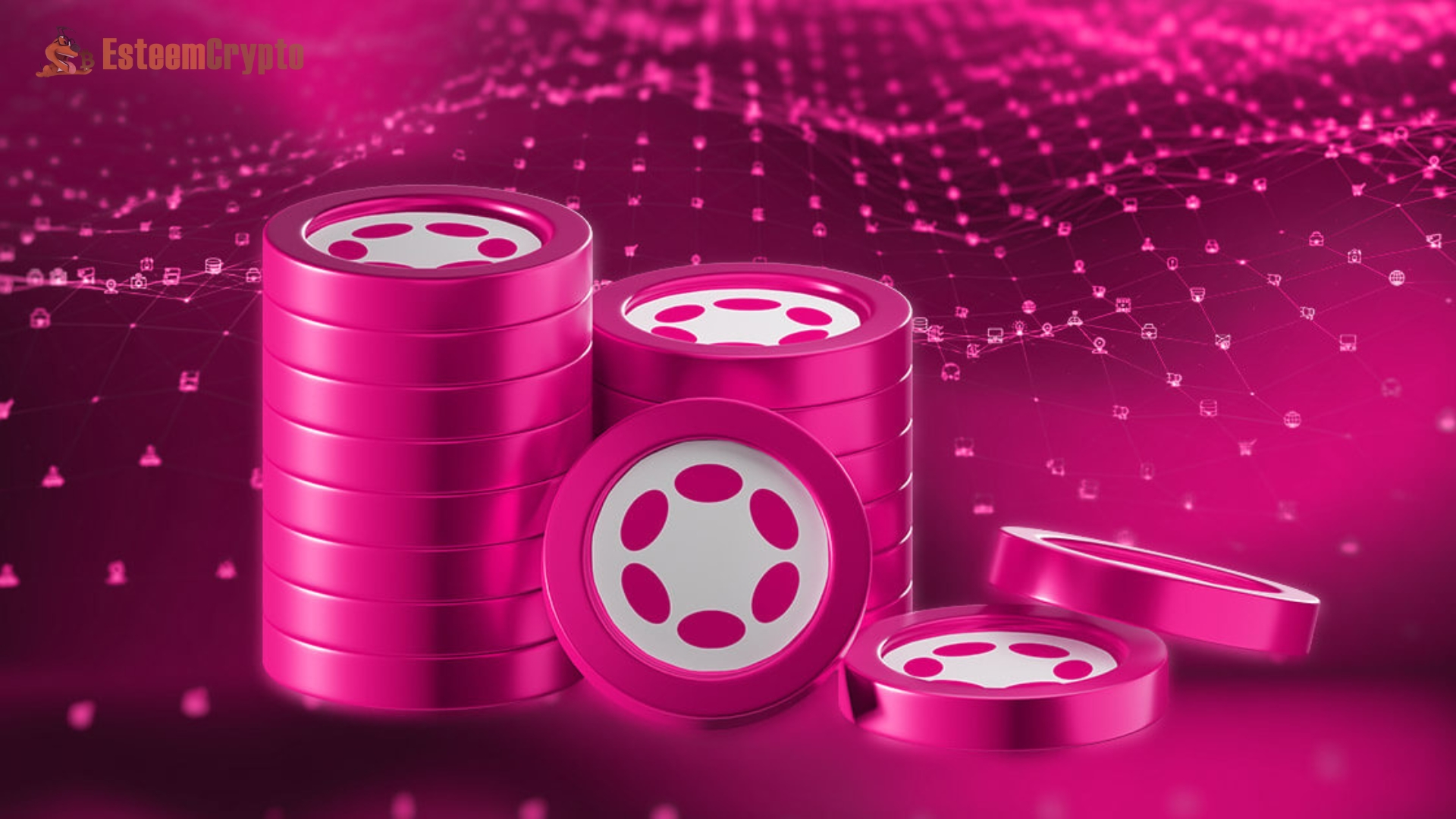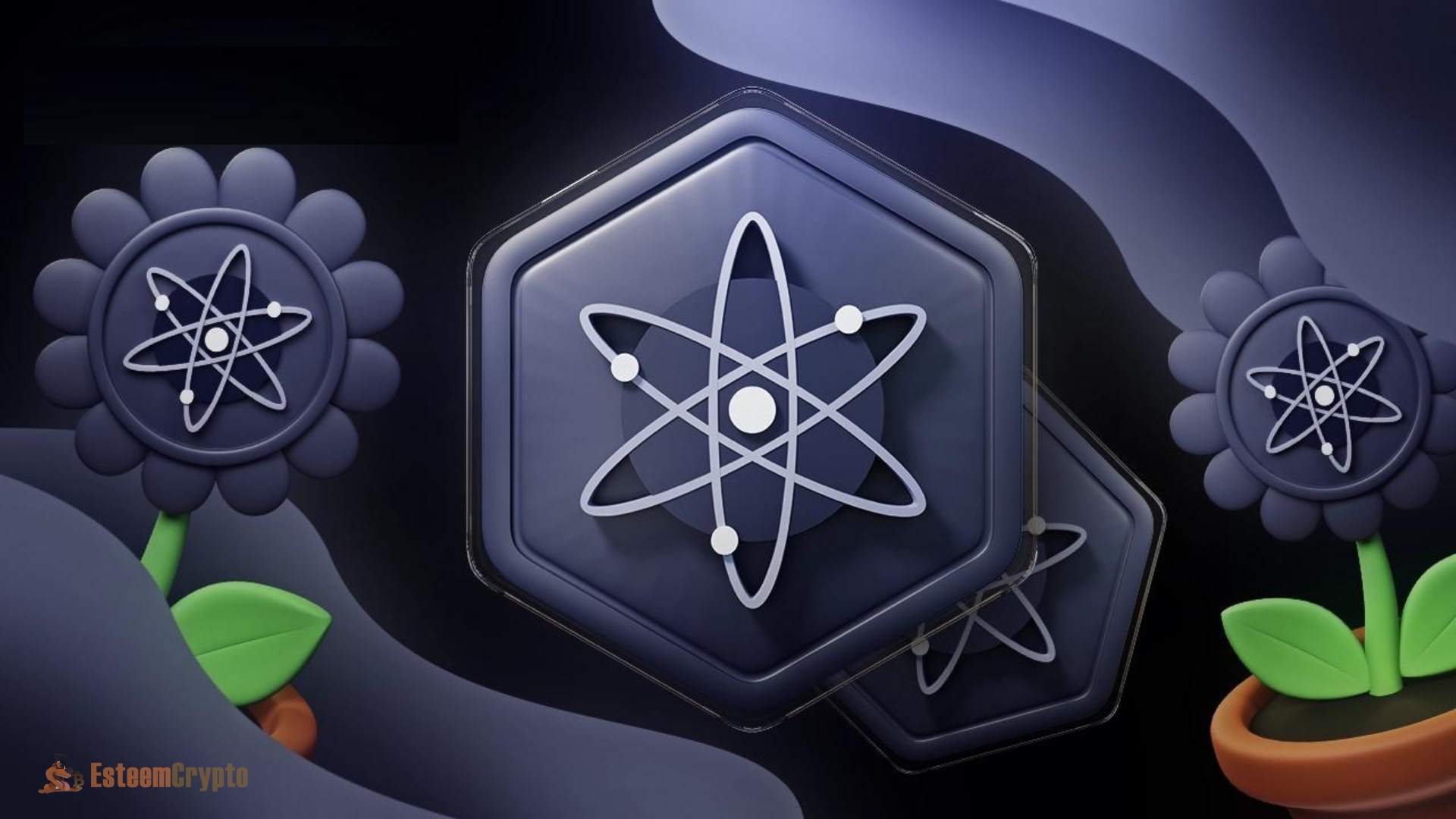Best Crypto for Staking in 2024: Top Picks for Passive Income

Best Crypto for Staking: Staking has emerged as one of the most popular ways cryptocurrency enthusiasts earn passive income. By staking, you lock up a portion of your cryptocurrency holdings to support the operation of a blockchain network, and in return, you receive rewards. As of 2024, the landscape of staking has become more diverse and sophisticated, with several promising cryptocurrencies offering attractive returns. This article will explore the best cryptocurrencies for staking in 2024, considering factors such as yield, network security, ease of staking, and overall project stability.
Ethereum (ETH)
Ethereum’s transition from a proof-of-work (PoW) to a proof-of-stake (PoS) consensus mechanism, known as Ethereum 2.0 or the Beacon Chain, has made it one of the most prominent staking options. Ethereum is the second-largest cryptocurrency by market capitalization, and its widespread adoption ensures high liquidity and robust security.
- Annual Percentage Yield (APY): Approximately 4-6%
- Minimum Staking Requirement: 32 ETH (can be reduced through staking pools)
- Staking Options: Solo staking, staking pools, centralized exchanges
Staking Ethereum can be done through various means, including directly on the network, via staking pools, or through centralized exchanges like Binance or Coinbase, which allow you to stake smaller amounts of ETH. The relatively stable rewards and the network’s central role in the decentralized finance (DeFi) ecosystem make Ethereum a solid choice for staking.
Cardano (ADA)
Cardano is another leading cryptocurrency that operates on a PoS mechanism. It is known for its academic and research-driven approach to blockchain technology. The network’s Ouroboros protocol is designed to be highly secure and energy-efficient, making it an attractive option for staking.
- APY: Approximately 4-5%
- Minimum Staking Requirement: No minimum (can start with any amount of ADA)
- Staking Options: Delegated staking, staking pools, hardware wallets
Cardano offers a simple and flexible staking process with no minimum requirement, making it accessible to investors of all sizes. ADA holders can delegate their tokens to a staking pool, retaining control over their funds while earning rewards. The consistent development and upgrades to the Cardano network ensure it remains a top contender in the staking arena.
Solana (SOL)
Solana is known for its high throughput and low transaction costs, making it a popular choice for developers and projects seeking a scalable blockchain solution. Its PoS consensus mechanism and unique Proof of History (PoH) protocol enable fast and secure transactions.
- APY: Approximately 6-8%
- Minimum Staking Requirement: No minimum (can start with any amount of SOL)
- Staking Options: Staking via validators, centralized exchanges
Staking Solana involves delegating your SOL tokens to a network validator. With no minimum staking requirement, Solana is accessible to many investors. The network’s growing ecosystem and strong developer support make it appealing as a staking option.
Polkadot (DOT)
Polkadot is a unique blockchain network designed to enable interoperability between different blockchains, making it a key player in the development of Web3. Its Nominated Proof-of-Stake (NPoS) mechanism allows DOT holders to nominate validators and earn staking rewards.
- APY: Approximately 13-15%
- Minimum Staking Requirement: 10 DOT (approximately)
- Staking Options: Nominating validators, staking pools, centralized exchanges
Polkadot offers relatively high staking rewards, making it an attractive option for higher yields. However, it is important to note that nominating a validator requires some understanding of the network’s structure. Additionally, DOT holders must carefully choose validators to minimize the risk of slashing, where a portion of staked tokens could be lost if a validator misbehaves.
Avalanche (AVAX)
Avalanche is a highly scalable blockchain platform known for its rapid transaction finality and interoperability. Its PoS consensus mechanism is combined with a unique consensus protocol, Avalanche Consensus, which enhances the network’s security and speed.
- APY: Approximately 8-11%
- Minimum Staking Requirement: 25 AVAX
- Staking Options: Validator staking, delegator staking, centralized exchanges
Staking AVAX can be done by running a validator node or delegating your tokens to a validator. The network’s rapid growth and the increasing number of projects built on Avalanche contribute to its potential for staking rewards. The relatively high staking yields and the platform’s innovative technology make AVAX a strong contender for stakers in 2024.
Cosmos (ATOM)
Cosmos, often called the “Internet of Blockchains,” is designed to facilitate interoperability between different blockchain networks. Its Tendermint PoS consensus mechanism is known for its efficiency and security.
- APY: Approximately 9-12%
- Minimum Staking Requirement: No minimum (can start with any amount of ATOM)
- Staking Options: Delegated staking, staking pools, hardware wallets
Staking ATOM is straightforward and accessible to all types of investors. The network’s focus on creating a robust ecosystem of interconnected blockchains makes it a long-term investment for those interested in staking. The consistent rewards and the network’s ongoing development efforts ensure Co remains a key player in the staking market.
Tezos (XTZ)
Tezos is a self-amending blockchain that uses a PoS consensus mechanism known as Liquid Proof-of-Stake (LPoS). It allows for seamless upgrades and modifications to the network governed by its community.
- APY: Approximately 5-7%
- Minimum Staking Requirement: 1 XTZ
- Staking Options: Baking (running a validator), delegating to bakers, centralized exchanges
Tezos’ unique governance model and ability to adapt quickly to new developments make it a resilient choice for staking. XTZ holders can either “bake” (run a validator) or delegate their tokens to a baker. The low barrier to entry and the network’s commitment to innovation make Tezos an appealing option for those looking to stake their crypto assets.
Conclusion
Staking has become a popular way to earn passive income in cryptocurrency, and the options available in 2024 are diverse and promising. Whether you’re looking for stability, high yields, or access to innovative blockchain technology, there’s a staking option to suit your needs. Ethereum, Cardano, Solana, Polkadot, Avalanche, Cosmos, Tezos, and Algorand all offer compelling staking opportunities, each with unique advantages.
When choosing a cryptocurrency for staking, consider factors such as the network’s security, the complexity of the staking process, potential risks (like slashing), and your investment goals. By carefully evaluating these factors, you can maximize your staking rewards and contribute to the growth and security of the blockchain networks you support.




